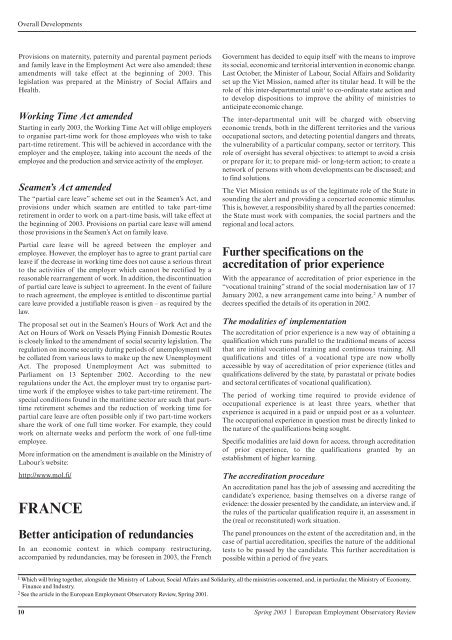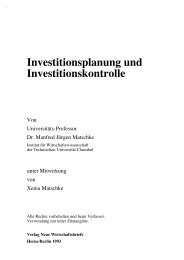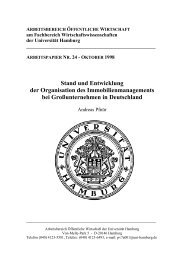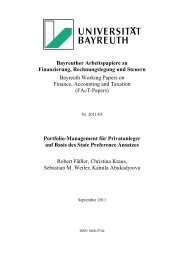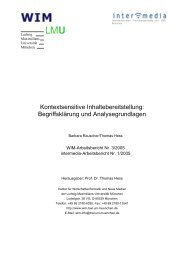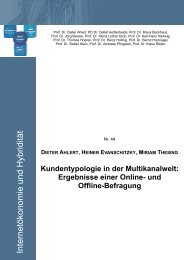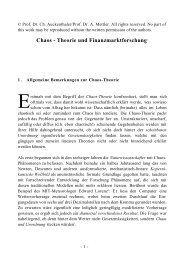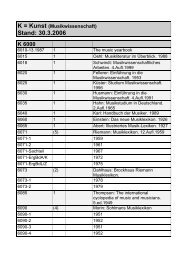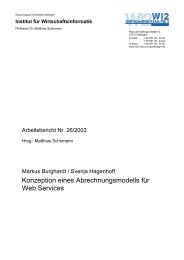FRANCE The
FRANCE The
FRANCE The
Create successful ePaper yourself
Turn your PDF publications into a flip-book with our unique Google optimized e-Paper software.
Overall Developments<br />
Provisions on maternity, paternity and parental payment periods<br />
and family leave in the Employment Act were also amended; these<br />
amendments will take effect at the beginning of 2003. This<br />
legislation was prepared at the Ministry of Social Affairs and<br />
Health.<br />
Working Time Act amended<br />
Starting in early 2003, the Working Time Act will oblige employers<br />
to organise part-time work for those employees who wish to take<br />
part-time retirement. This will be achieved in accordance with the<br />
employer and the employee, taking into account the needs of the<br />
employee and the production and service activity of the employer.<br />
Seamen’s Act amended<br />
<strong>The</strong> “partial care leave” scheme set out in the Seamen’s Act, and<br />
provisions under which seamen are entitled to take part-time<br />
retirement in order to work on a part-time basis, will take effect at<br />
the beginning of 2003. Provisions on partial care leave will amend<br />
those provisions in the Seamen’s Act on family leave.<br />
Partial care leave will be agreed between the employer and<br />
employee. However, the employer has to agree to grant partial care<br />
leave if the decrease in working time does not cause a serious threat<br />
to the activities of the employer which cannot be rectified by a<br />
reasonable rearrangement of work. In addition, the discontinuation<br />
of partial care leave is subject to agreement. In the event of failure<br />
to reach agreement, the employee is entitled to discontinue partial<br />
care leave provided a justifiable reason is given – as required by the<br />
law.<br />
<strong>The</strong> proposal set out in the Seamen’s Hours of Work Act and the<br />
Act on Hours of Work on Vessels Plying Finnish Domestic Routes<br />
is closely linked to the amendment of social security legislation. <strong>The</strong><br />
regulation on income security during periods of unemployment will<br />
be collated from various laws to make up the new Unemployment<br />
Act. <strong>The</strong> proposed Unemployment Act was submitted to<br />
Parliament on 13 September 2002. According to the new<br />
regulations under the Act, the employer must try to organise parttime<br />
work if the employee wishes to take part-time retirement. <strong>The</strong><br />
special conditions found in the maritime sector are such that parttime<br />
retirement schemes and the reduction of working time for<br />
partial care leave are often possible only if two part-time workers<br />
share the work of one full time worker. For example, they could<br />
work on alternate weeks and perform the work of one full-time<br />
employee.<br />
More information on the amendment is available on the Ministry of<br />
Labour’s website:<br />
http://www.mol.fi/<br />
<strong>FRANCE</strong><br />
Better anticipation of redundancies<br />
In an economic context in which company restructuring,<br />
accompanied by redundancies, may be foreseen in 2003, the French<br />
Government has decided to equip itself with the means to improve<br />
its social, economic and territorial intervention in economic change.<br />
Last October, the Minister of Labour, Social Affairs and Solidarity<br />
set up the Viet Mission, named after its titular head. It will be the<br />
role of this inter-departmental unit1 to co-ordinate state action and<br />
to develop dispositions to improve the ability of ministries to<br />
anticipate economic change.<br />
<strong>The</strong> inter-departmental unit will be charged with observing<br />
economic trends, both in the different territories and the various<br />
occupational sectors, and detecting potential dangers and threats,<br />
the vulnerability of a particular company, sector or territory. This<br />
role of oversight has several objectives: to attempt to avoid a crisis<br />
or prepare for it; to prepare mid- or long-term action; to create a<br />
network of persons with whom developments can be discussed; and<br />
to find solutions.<br />
<strong>The</strong> Viet Mission reminds us of the legitimate role of the State in<br />
sounding the alert and providing a concerted economic stimulus.<br />
This is, however, a responsibility shared by all the parties concerned:<br />
the State must work with companies, the social partners and the<br />
regional and local actors.<br />
Further specifications on the<br />
accreditation of prior experience<br />
With the appearance of accreditation of prior experience in the<br />
“vocational training” strand of the social modernisation law of 17<br />
January 2002, a new arrangement came into being. 2 A number of<br />
decrees specified the details of its operation in 2002.<br />
<strong>The</strong> modalities of implementation<br />
<strong>The</strong> accreditation of prior experience is a new way of obtaining a<br />
qualification which runs parallel to the traditional means of access<br />
that are initial vocational training and continuous training. All<br />
qualifications and titles of a vocational type are now wholly<br />
accessible by way of accreditation of prior experience (titles and<br />
qualifications delivered by the state, by parastatal or private bodies<br />
and sectoral certificates of vocational qualification).<br />
<strong>The</strong> period of working time required to provide evidence of<br />
occupational experience is at least three years, whether that<br />
experience is acquired in a paid or unpaid post or as a volunteer.<br />
<strong>The</strong> occupational experience in question must be directly linked to<br />
the nature of the qualifications being sought.<br />
Specific modalities are laid down for access, through accreditation<br />
of prior experience, to the qualifications granted by an<br />
establishment of higher learning.<br />
<strong>The</strong> accreditation procedure<br />
An accreditation panel has the job of assessing and accrediting the<br />
candidate’s experience, basing themselves on a diverse range of<br />
evidence: the dossier presented by the candidate, an interview and, if<br />
the rules of the particular qualification require it, an assessment in<br />
the (real or reconstituted) work situation.<br />
<strong>The</strong> panel pronounces on the extent of the accreditation and, in the<br />
case of partial accreditation, specifies the nature of the additional<br />
tests to be passed by the candidate. This further accreditation is<br />
possible within a period of five years.<br />
1 Which will bring together, alongside the Ministry of Labour, Social Affairs and Solidarity, all the ministries concerned, and, in particular, the Ministry of Economy,<br />
Finance and Industry.<br />
2 See the article in the European Employment Observatory Review, Spring 2001.<br />
10 Spring 2003 | European Employment Observatory Review


